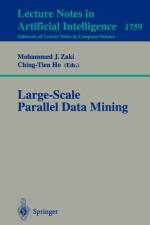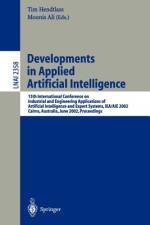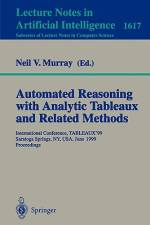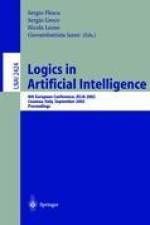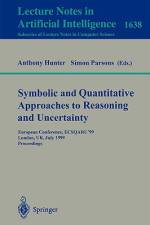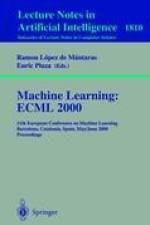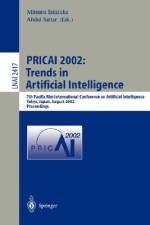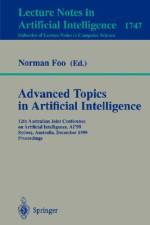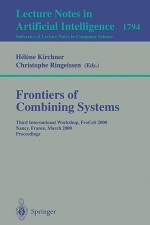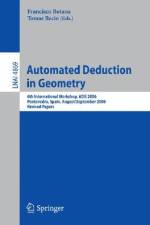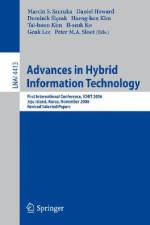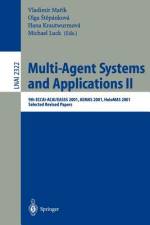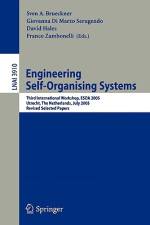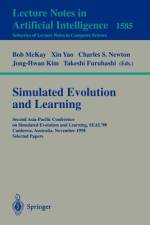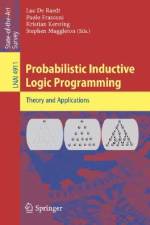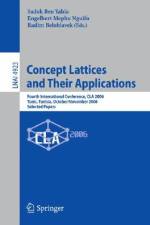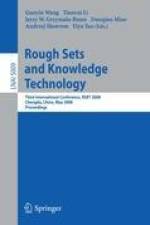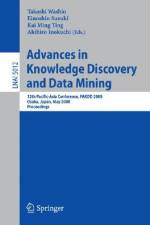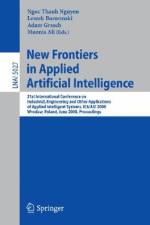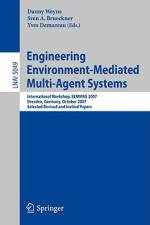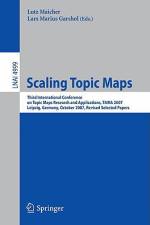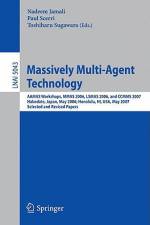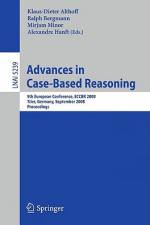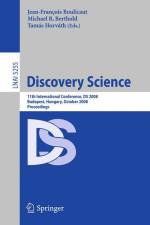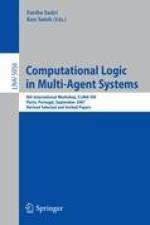- 9th European Conference, ECCBR 2008, Trier, Germany, September 1-4, 2008, Proceedings
von Klaus-Dieter Althoff
95,00 €
This volume contains the papers presented at the 9th European Conference on Case-Based Reasoning (ECCBR 2008). Case-based reasoning (CBR) is an arti?cial intelligence approach whereby new problems are solved by remembering, adapting and reusing solutions to a previously solved, similar problem. The collection of previously solved problems andtheirassociatedsolutionsisstoredinthecasebase. Neworadaptedsolutions are learned and updated in the case base as needed. In remembrance of the First European Workshop on Case-Based Reasoning, which took place 15 years ago at the European Academy Otzenhausen, not far from Trier, this year's conference was especially devoted to the past, present, and future of case-based reasoning. ECCBR and the International Conference on Case-Based Reasoning (IC- CBR) alternate every year. ECCBR 2008 followed a series of seven successful European workshops previously held in Otzenhausen, Germany (1993), Ch- tilly, France (1994), Lausanne, Switzerland (1996), Dublin, Ireland (1998), and Trento, Italy (2000), and three European conferences in Aberdeen, UK (2002), * Madrid, Spain (2004), and Olu *deniz/Fethiye, Turkey (2006). The International Conferences on Case-Based Reasoning (ICCBR) were previously held in Ses- bra, Portugal (1995), Providence, Rhode Island, USA (1997), Seeon, Germany (1999), Vancouver, Canada (2001), Trondheim, Norway (2003), Chicago, USA (2005), and Belfast, Northern Ireland (2007). These meetings have a history of attracting ?rst-class European and international researchers and practiti- ers. The proceedings of the ECCBR and ICCBR conferences are published by Springer in their LNAI series.

